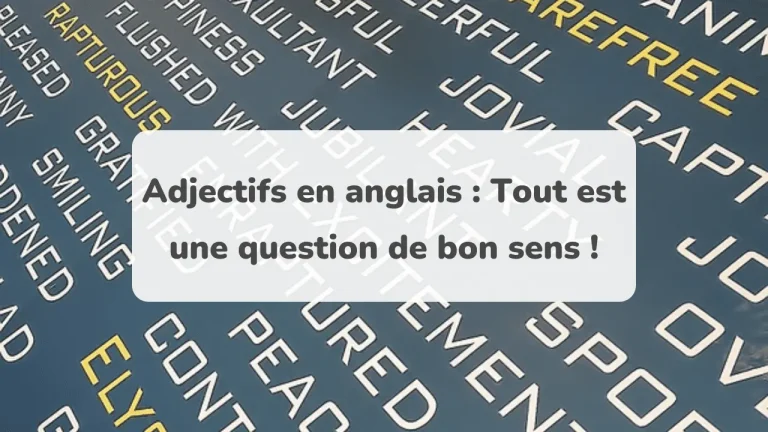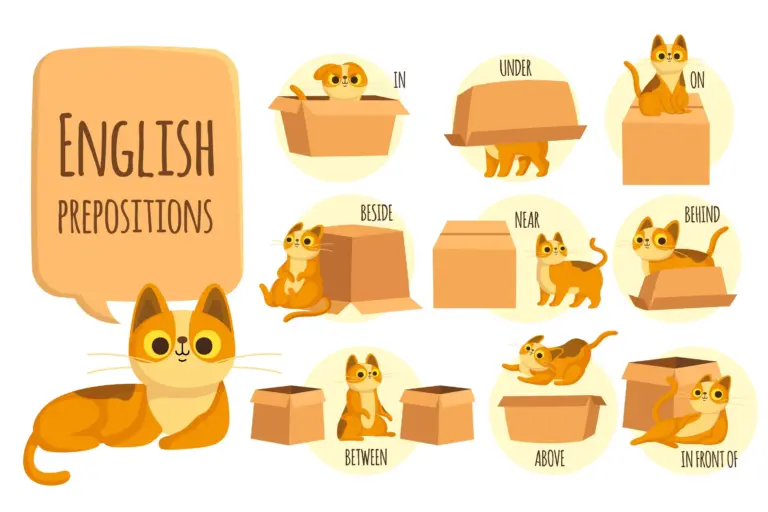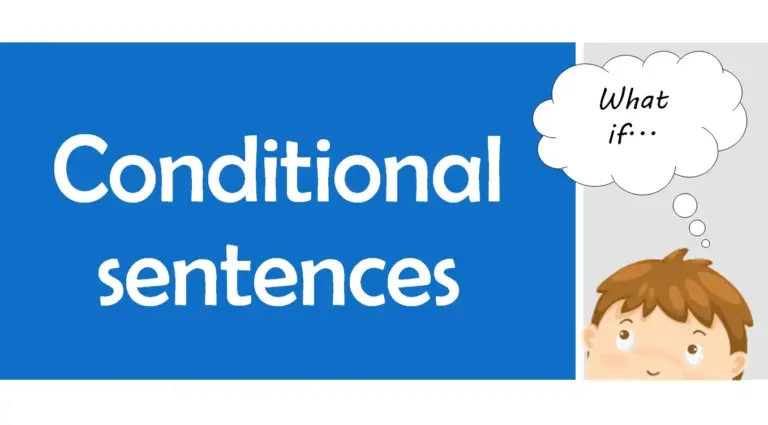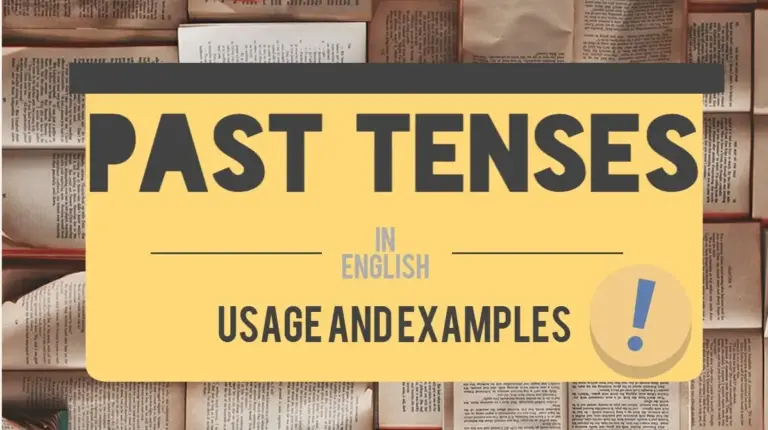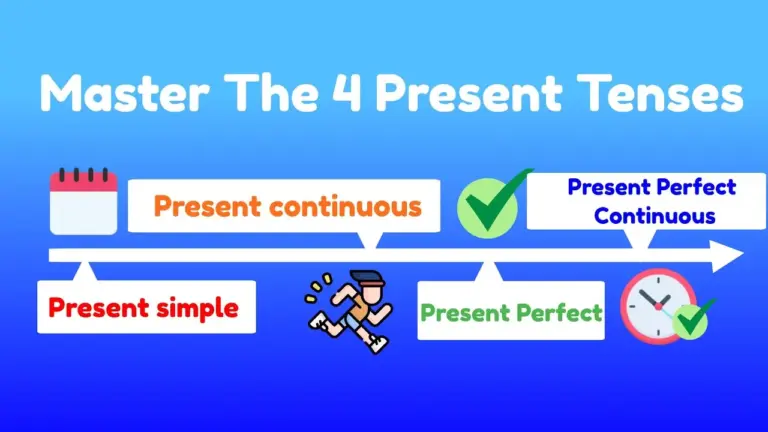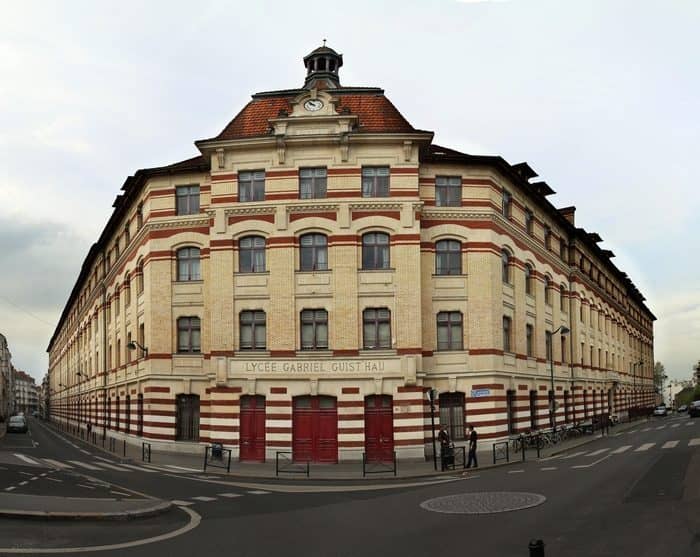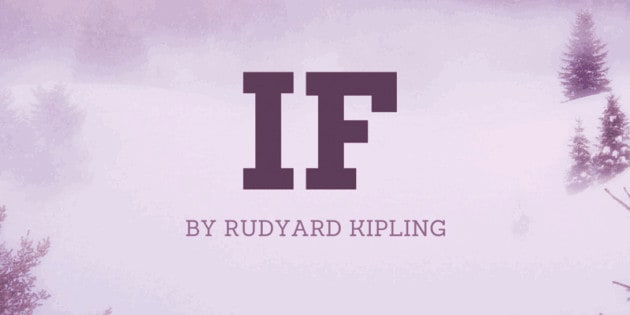L’ordre des adjectifs en anglais est un aspect essentiel de la grammaire qui peut poser des défis même aux étudiants avancés. En anglais, les adjectifs suivent un ordre spécifique lorsqu’ils sont utilisés pour décrire un nom. Comprendre et maîtriser cet ordre permet de produire des phrases plus fluides et naturelles.
Cet article vise à clarifier ces règles et à offrir des exercices pratiques pour vous aider à éviter les erreurs courantes.
L’ordre des adjectifs en détail
L’ordre typique des adjectifs en anglais suit cette séquence :
- Quantité ou nombre (Quantity or Number)
- Opinion (Opinion)
- Taille (Size)
- Âge (Age)
- Forme (Shape)
- Couleur (Color)
- Origine (Origin)
- Matière (Material)
- But ou type (Purpose or Type)
1. Quantité ou nombre
Les adjectifs de quantité ou de nombre précèdent tous les autres adjectifs et indiquent combien d’objets sont décrits.
Exemples :
- Five interesting books
- Several large houses
2. Opinion
Les adjectifs d’opinion sont subjectifs et expriment ce que l’on pense du nom.
Exemples :
- A fascinating story
- A terrible mistake
3. Taille
Les adjectifs de taille décrivent la dimension physique du nom.
Exemples :
- A huge elephant
- A tiny insect
4. Âge
Les adjectifs d’âge indiquent l’ancienneté du nom.
Exemples :
- An ancient relic
- A young child
5. Forme
Les adjectifs de forme décrivent la configuration physique du nom.
Exemples :
- A rectangular table
- A round mirror
6. Couleur
Les adjectifs de couleur décrivent la teinte du nom.
Exemples :
- A blue sky
- A green apple
7. Origine
Les adjectifs d’origine indiquent la provenance géographique ou culturelle du nom.
Exemples :
- An Italian dish
- A Chinese vase
8. Matière
Les adjectifs de matière décrivent de quoi est fait le nom.
Exemples :
- A wooden chair
- A silk scarf
9. But ou type
Ces adjectifs décrivent le but ou le type spécifique du nom.
Exemples :
- A sleeping bag
- A racing car
